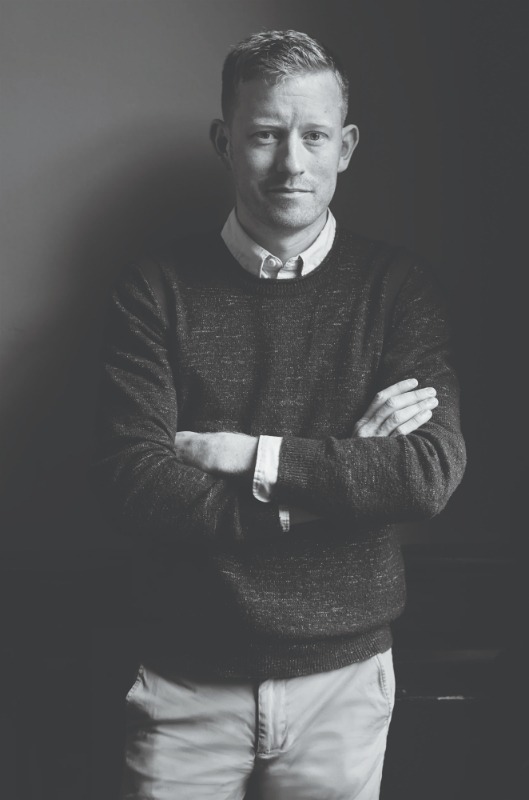
In one sense, writing a book is something you do alone. The page is like a room only you can enter, one in which you must repeatedly sequester yourself, for however long it takes, to finish. Months, more usually years, are spent in that room that fits precisely one, where you must write and write until you are done.
Only that’s not entirely true. Writing, like any other vocation, pastime, preoccupation, or job, is, ultimately, a social activity. There is no true aloneness in it, or rather that aloneness is partial, finite. Eventually, inevitably, you must come back out of the room of the page and into the world. Perhaps with a ‘finished’ book, more likely an accumulation of work that you have taken as far as you can on your own.
Taking up the position of Writer in Residence in UCD for 2024 brought me back, inevitably, to 15 years ago, when I did the MA in Creative Writing right here in UCD.
I was in my mid-twenties and coming off the back of several years’ working full-time shifts in a call centre and writing in and around that job, cloistered in the room of my page. I had reached a point of creative restlessness, nursed the suspicion that I had gone as far as I could writing for myself, writing in snatches late at night or spare hours over the weekend, my writing had reached a limit in that regard. I knew intuitively that I now needed structure and discipline. I wanted exposure and feedback, for people to read my work and tell me what they thought of it. I felt I’d arrived at a point that I was ready for that, emotionally as much as creatively.
I wanted to make writing the centre of my days, and to meet and be with people who wanted the same thing for themselves. That decision set me on my way to ‘becoming’ a writer (and I feel I am still only in that state of ‘becoming’).
It is eerie, even a little disquieting, how readily the span of chronological time between two discrete points can collapse, and though it is well over a decade since I was last a student in UCD – and in the interim I have more or less written full time and published three books – in many respects my time as Writer in Residence feels like an only briefly uninterrupted continuation of that experience.
This is a feeling I have been happy to lean into. I have embraced the access to sustained, day to day, institutional resources and support afforded by the residency (this is the first time in my writing life I have had an office and a desk that is not the kitchen table!) and have found great creative nourishment in meeting, talking and interacting with the students and staff of UCD.
I have found great creative nourishment in meeting, talking and interacting with the students and staff of UCD.”
In the last semester I met with over 30 writers – many students, MA students, PhD candidates and undergraduates, and even several interested members of the public – for a series of one-onone feedback sessions. I offered a simple, open service premised on accessibility; any interested student, member of faculty or the public could send me up to 10,000 words of their writing and at an agreed date we would meet in person or remotely for a hopefully useful critique of the work submitted. The service was first come, first served, no portfolio required, for writers at any and all experience levels.
No matter where they were on their journey as writers, I met people ripe with passion, determination and obvious dedication to their craft. It was a pleasure and a gift to hear their diverse, consistently intriguing and singular voices.
I also organised (with the vital practical help of the indefatigable administrative staff in UCD School of English, Drama and Film) a discussion panel at the end of the semester, featuring the US literary agent Anna Stein, the co-founder and editor of the non-fiction literary journal Tolka, Liam Harrison, and the novelist and literary and film critic Nicole Flattery. The theme of the panel discussion was ‘The Business of Writing’ and the (loose) aim was to allow the guests to speak on the practical, structural determinants (economic, mediatic, cultural etc.) which anyone wishing to pursue writing beyond the academy must contend with.
University writing programmes are now a massive part of the contemporary literary production industry. They are, of course, not the whole story – I know as many remarkable writers who did not attend one as those who did. But for those like myself who were lucky enough to attend, and now ‘teach’ at one, they are, at their best, a place of community and comity, where your writing will sharpen and improve, and where you will discover relationships and experiences you can carry with you, both back into the room of the page and out into the world.
